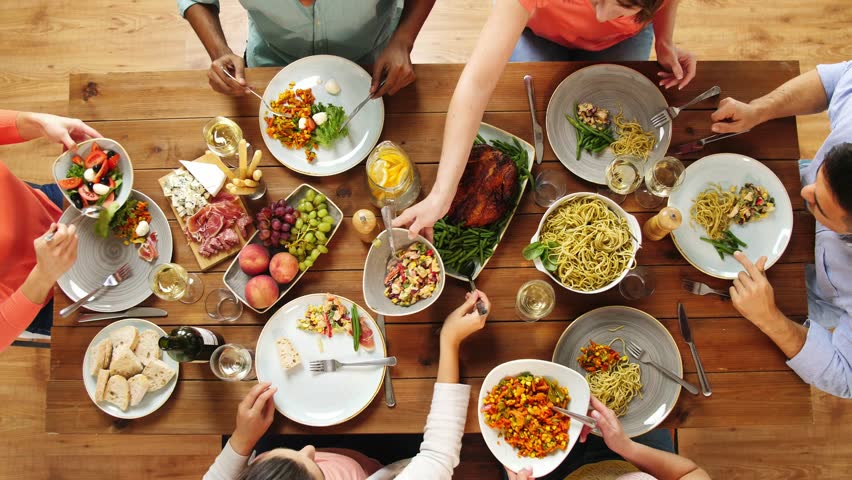
People Food
People food? Dog food? Shouldn’t all food feed body and mind?
I am fascinated with language, both its power as a trainer of dogs with their humans, and how we tend to repeat words/phrases/jingles. One of the most common refrains I hear is “My dog doesn’t eat people food,” which begs the question: Are we denying our dogs real nutrition if all real food in the world belongs to the human species?
If not people food, then what are we serving up? As their stewards, we have a responsibility to provide for our dogs’ optimal health. And that’s accomplished in part through the power of nourishment.
Does this lament sound familiar: “My dog won’t eat kibble unless I add something real to enhance the flavor.” Folks who say this often assume the refusal means their dog is “spoiled.” I suggest that, in any language, a dog’s refusal to eat equates to “I’d rather not eat this food.” Dogs balk at eating certain foods either because they don’t recognize them as food, or they’ve learned that, when they eat it, they don’t feel so hot.
When our dogs suffer from tummy upset, a veterinarian, or other credible nutrition expert, recommends a diet of chicken, rice and pumpkin “until your dog feels better.” Dogs happily devour this concoction and get digestive relief, only to be switched back to highly processed food (the very food that may have caused the original complaint). Common sense says that the more nutritive diet is exactly what the dog needed to heal. So why not continue the diet and thereby continue the path of wellness?
When assessing problem behaviors in dogs, I always factor in the role of nutrition. Anyone who has seen Supersize Me understands how poorly the brain functions on highly processed food. Neurologic processes suffer over time because essential vitamins and minerals are missing. Organs break down from such malnourishment, as do the immune system and the exchange of oxygen in cells.
“Dog food” advertisements – including those for highly processed foods – portray dog food as nutritious and healthful, convenient and cost effective. With their kibble and canned food, they say, our dogs’ appetites are satisfied, and we can get on with our busy lives. Slick marketing, yet so misleading.
Daily I take joy in seeing Yogi’s excitement over eating the simple culinary delights I offer him. Food, by the way, that cost me only pennies more than highly processed kibble. And that’s before factoring in what a healthy he is – physically, mentally and emotionally.
As complicated as language can be, the next time someone utters the words “people food,” may they be redefined as ALL real food available to ALL living beings, as their birthright.
Patti Howard BS, CCS is certified in Canine Behavior and Nutrition. She also holds Bachelors of Science in Human Nutrition. Find nutrition guidance online.
